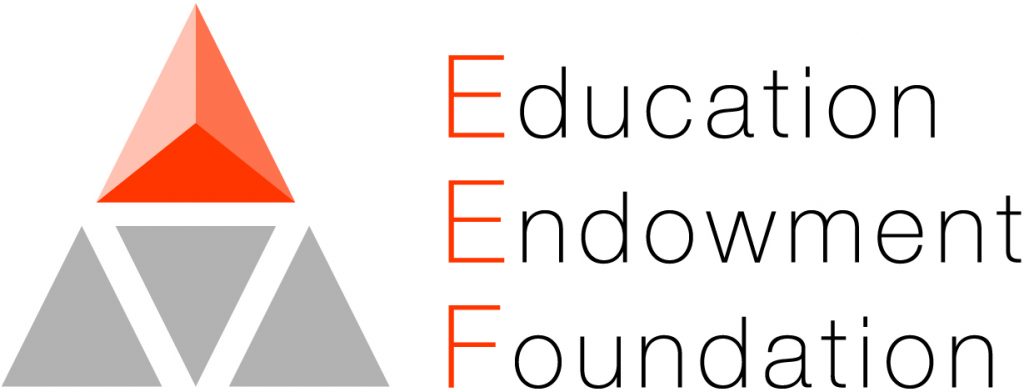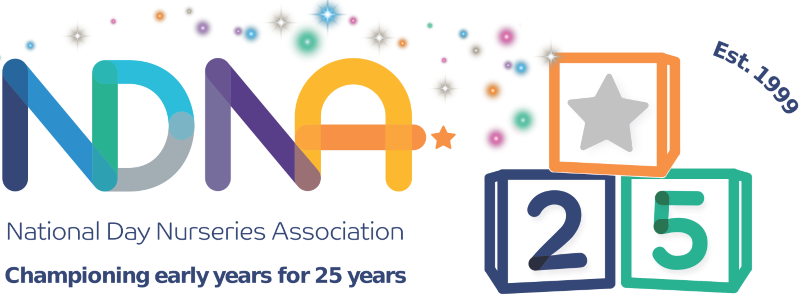Join the programme for free in England
The 12 month online programme will help staff to increase knowledge and become more confident in delivering maths rich day-to-day activities and boost children’s maths learning. Settings in England can apply for fully funded places by completing the expression of interest.
Complete expression of interestFind out more about the research that supports our Maths Champions Programme
See the KEY RESULTS of the research trial
Private, voluntary, independent providers in England were chosen at random to take part (funded by the Education Endowment Foundation partnered with Department for Education) to evaluate the Maths Champions programme. The key results were astounding:
- Maths Champions is low cost but high confidence for impact and value for children.
- Children in Maths Champions settings make three months additional progress in both maths and language development.
- Evidence suggests EYPP children on Maths Champions programme could make up to 6 months additional progress in maths.
Source: EEF
The research
The team of researchers running the research trial was based at the University of York and Durham University. NDNA invited applications from early years providers to take part in a research trial (funded by the Education Endowment Foundation partnered with Department for Education) to evaluate the Maths Champions programme.
The criteria for those who could take part:
- Private, voluntary, independent providers in England based on non-domestic premises/maintained or school nurseries providing nursery provision for three and four-year-olds
- Settings could not be part of other EEF trials, the Department for Education (DfE) Early Years Professional Development Programme or have previously accessed Maths Champions
- Settings must have been able to commit to the expectations of the programme and take part in the evaluation process.
What did the research trial involve?
As part of the trial, settings were be chosen at random to receive the Maths Champions programme for FREE, the other settings would continue as normal and form the important ‘control group’. Randomly selecting which settings receive the programme was essential as it is the best way to find out the impact the programme had on children’s attainment.
Regardless of whether a setting randomly received the intervention or the control group, ALL settings did:
- Inform and gain consent from parent/carers for children’s participation in the research trial
- Share setting and child information with the research team
- Worked with the research team to complete assessments (taking 10 minutes per child) in September 2021 and June 2022.
What did the Maths Champions programme involve?
Nominating a Maths Champion (graduate or level 3 in early years leading practice in the setting) and Deputy Maths Champion (qualified to a minimum of level 3 in early years) who completed:
- An online induction to the programme
- A series of short online courses including developing mathematical confidence in early years, effective coaching, number and shape, space and measure taking up to 2 hours each
- Worked with the Maths Champion programme lead from NDNA to audit current practice and plan for improvement
- Ten core activities with children in their setting.

Scotland and Wales: Join the Programme
“Staff knowledge and confidence has increased due to our participation in the maths champions programme. Of our 13 staff who audited their confidence, five recorded that they had gained confidence in all areas at the end of the programme and the remaining eight staff recorded increased confidence in 60% or more of the areas.
As a result staff now have a much deeper understanding of early mathematics including specific terminology. Staff are engaging in more high quality maths interactions with children, modelling mathematical vocabulary and have a greater understanding of learning trajectories which enables them to plan more effectively for children’s next steps in learning.”
Join the Maths Champions Programme



